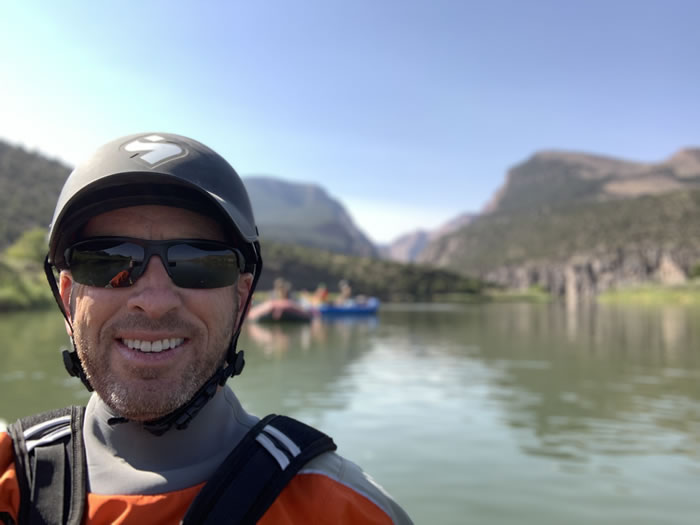Sports Lawyer Brings Passion to His Niche of Recreation Law

Brent Demmitt’s picture says it all. An attorney at Sharp, Sherman & Engle, LLCin Steamboat Springs, Colorado, Demmitt experiences his particular sports law niche, not just observes it.
He has spent more than four decades “working and recreating in the great outdoors,” as he says. And that won’t change any time soon, as Demmitt noted that he currently spends most of his time “backcountry skiing, mountain biking, and white-water kayaking.”
We recently visited with Demmitt to

